Characteristics of Carebara diversa
There is no official Hungarian name for the species Carebara diversa. It is widespread and native only in Southeast Asia (from Thailand to Indonesia). The queen is a very special, huge ant, the largest and most reproductive ant species available on Hangyapolisz. The size of the queen can reach 25 mm (2.5 cm)! Minor workers are disproportionately small compared to the queen, but a major worker can be up to 20 mm (2 cm), making it a very special and popular species. The queen is a hardy, medium-difficulty species, but the first workers can be difficult to grow, so it is recommended for more experienced ant keepers. In nature they can be observed in sunny, moist open areas. They nest in the ground.
Their “honeymoon flight” generally takes place in April. Because the males are also too large (~15 mm /1.5 cm), they mate on the ground rather than in the air. It is not a native species in Hungary, so it cannot be captured from the wild in our country.
Their reproduction
C. diversa is a very fast-growing species, with a single adult queen reaching numbers of up to 20,000-30,000+ workers. It is polygynous species, so you can keep one or more queens in a test tube/formicarium. In the case of a multi-queen colony, the colony can be up to 50,000+ workers. A single-queen colony is just as evolvable. During their development, cocoon does not appear. From puppy to adult worker about 4-5 weeks are needed. The Queen could live up to 15 years. However, the workers are not long-lived, so the colony changes quickly.
Carebara diversa is a tropical species, so it does not need to be hibernated. However, it is recommended to use a mild hibernation period of 6-8 weeks for about. 15-20°C. After that, it is sufficient to keep them at room temperature (December – February). Ensuring high humidity is important for them.
They eat almost anything, but mainly insects, worms and seeds. Since they have three castes, different seeds are proposed for the different castes (Minor, Media, Major). An adult colony can even consume meat. They can also be fed honey and sugary water. Always have a fresh water supply for them.
Attention!
As this species is not native to Hungary, it is strictly forbidden to release it into the wild!
Its bite is painful, so it is not recommended to hold it. No liability for any injury, accident or damage caused by this species. The buyer accepts this and buys with this knowledge.
It is a very rare species and is often replaced by C. affinis, which looks very similar and is much more common, but is much more difficult to keep in captivity. Every queen we receive is checked, so quality is guaranteed.
The displayed product image is protected by copyright, and its use requires permission. The picture is an illustration.
- You can find useful videos about them on our TikTok channel.
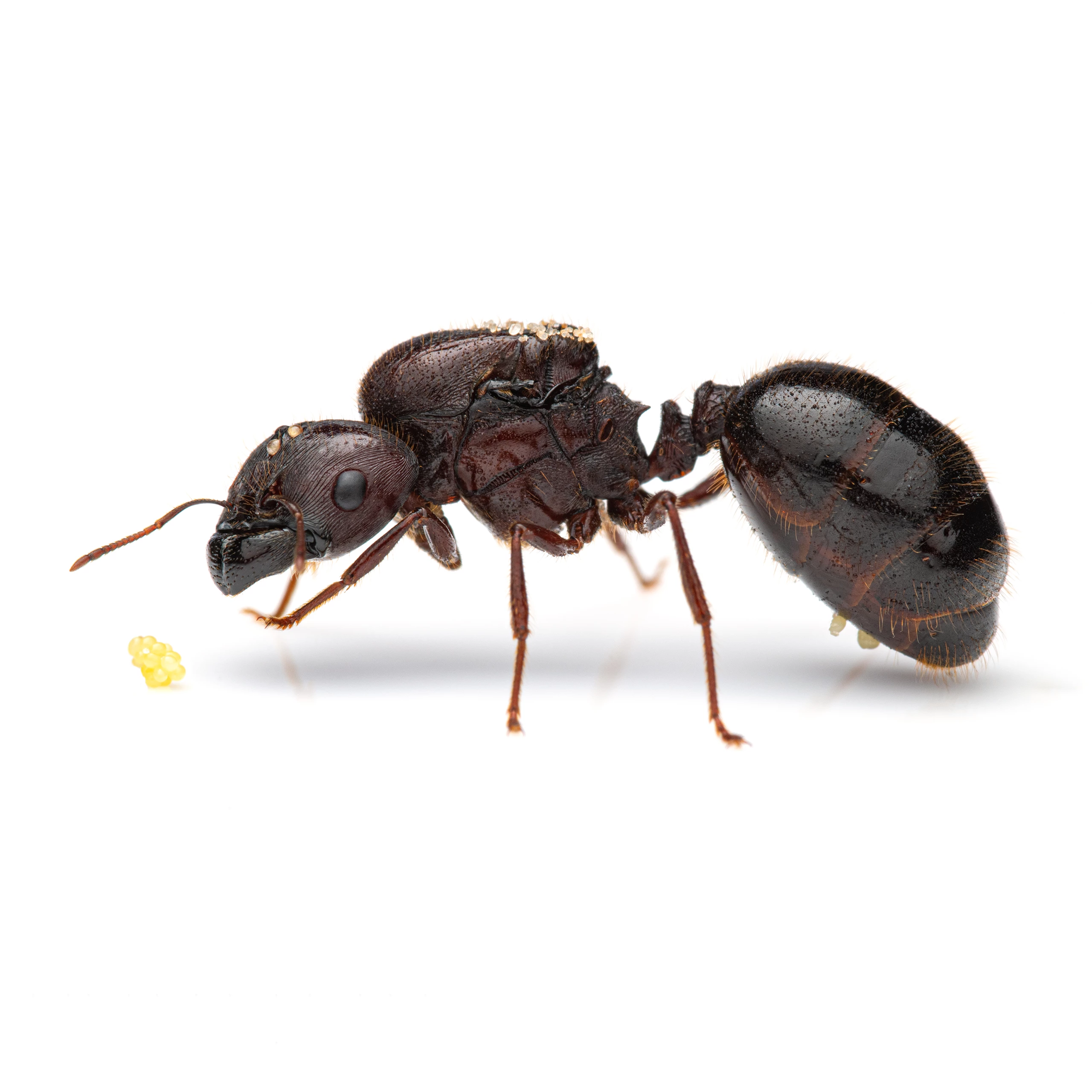
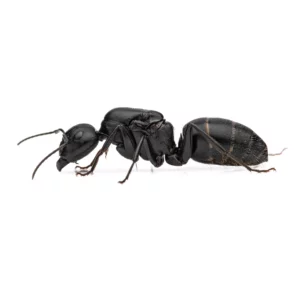
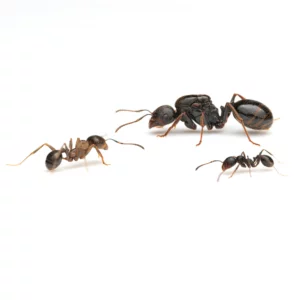
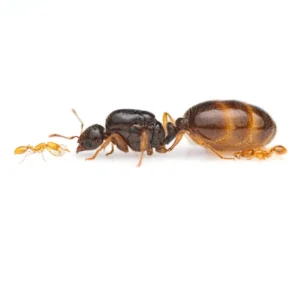
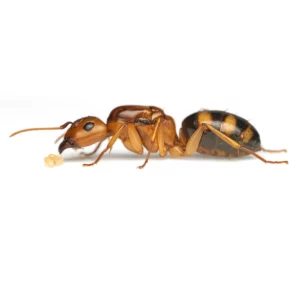

István (verified owner) –
Egy igazi gyönyörűség!